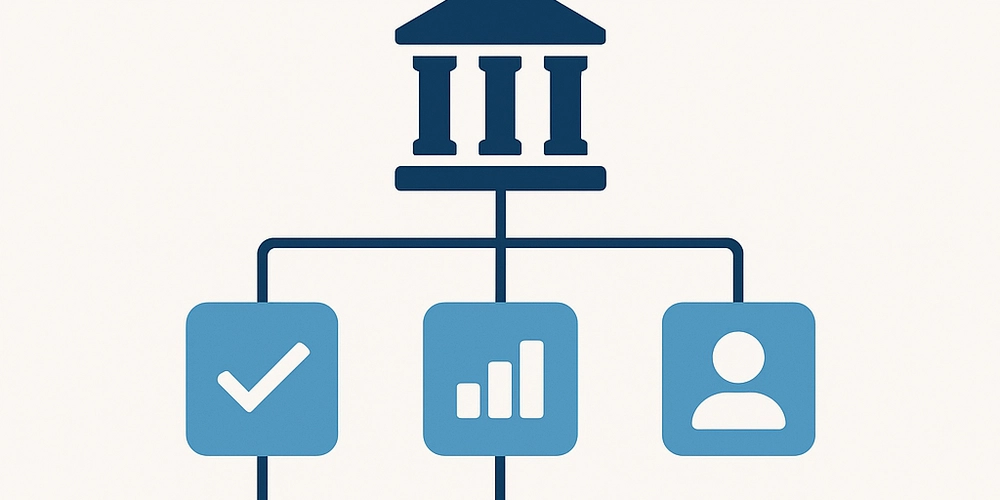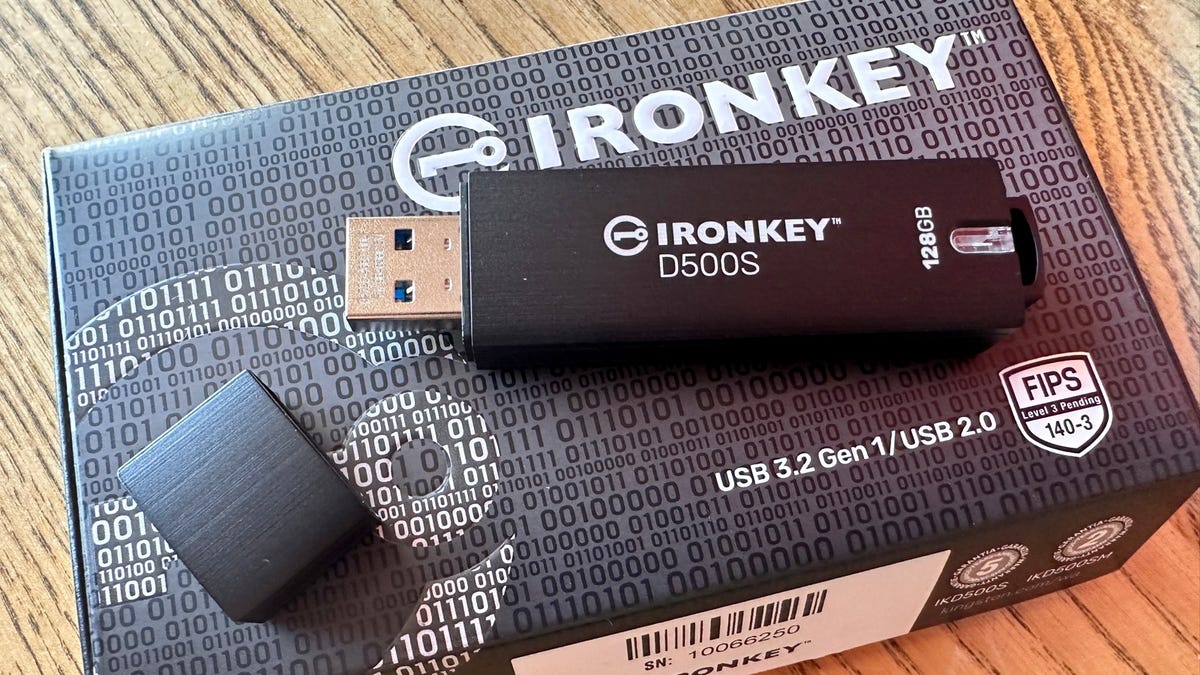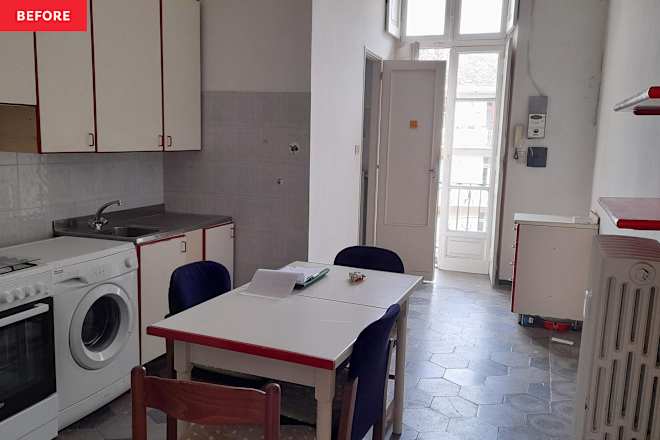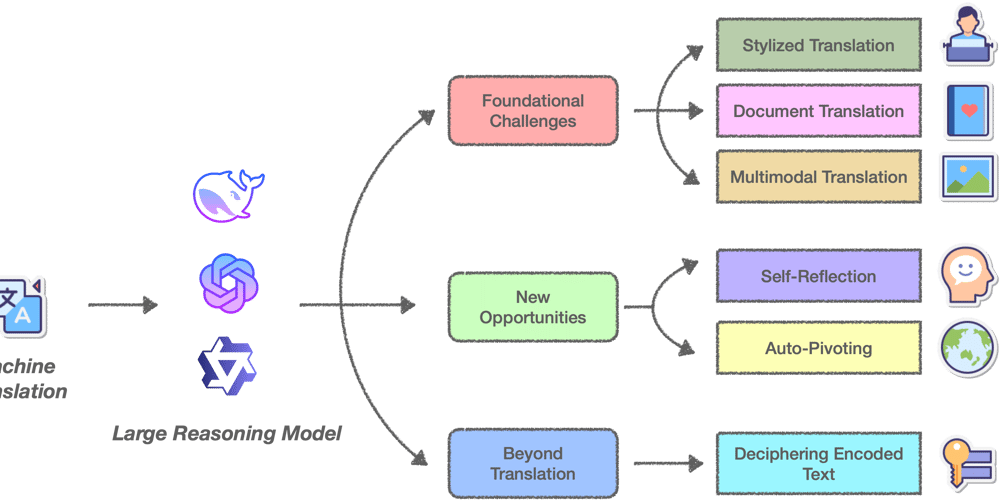Top Security Features in Plesk Hosting to Protect Your Website
Website security is a top priority for businesses and individuals alike. With cyber threats constantly evolving, using a hosting control panel with robust security features is essential. Plesk, one of the most popular web hosting control panels, offers various security tools and features to safeguard your website. In this blog, we will explore the top security features in Plesk hosting that help protect your site from threats. 1. SSL/TLS Certificates for Secure Connections Plesk makes it easy to install SSL/TLS certificates, ensuring encrypted connections between your website and users. You can enable free SSL certificates via Let’s Encrypt or install custom certificates to secure data transmission and improve search engine rankings. Web Application Firewall (WAF) Plesk includes a built-in ModSecurity Web Application Firewall (WAF), which helps protect your website from malicious attacks such as SQL injections, cross-site scripting (XSS), and other common threats. With customizable security rules, WAF adds an essential layer of protection. Fail2Ban Intrusion Prevention Fail2Ban is an intrusion prevention tool integrated into Plesk that detects and blocks repeated failed login attempts. This helps prevent brute force attacks on your website, control panel, and server, reducing unauthorized access attempts. Advanced Password Protection Plesk enforces strong password policies and allows multi-factor authentication (MFA) to enhance login security. Users can also set up two-factor authentication (2FA) for added protection against unauthorized access. Malware Scanning and Removal Plesk provides built-in security tools like ImunifyAV and Imunify360 to scan your server for malware and remove threats automatically. These tools ensure that your website remains free from harmful software that could compromise security. Automatic Updates and Security Patches Keeping software up to date is critical for website security. Plesk offers automatic updates for the control panel, server components, and third-party applications to patch vulnerabilities and keep your website safe from newly discovered exploits. IP Address Restrictions and Access Control Plesk allows administrators to limit access based on IP addresses. You can create allowlists and blocklists to prevent unauthorized access to your control panel and sensitive areas of your website. DDoS Protection and Traffic Filtering Distributed Denial-of-Service (DDoS) attacks can cripple your website by overwhelming it with traffic. Plesk provides security tools that help mitigate these attacks by filtering malicious traffic and blocking suspicious activity. Secure File and Data Management With Plesk, you can enable secure FTP (SFTP) access to ensure encrypted file transfers. Additionally, access permissions and file integrity monitoring help protect sensitive data from unauthorized modifications. Regular Backups for Disaster Recovery Plesk includes built-in backup solutions that allow you to schedule automatic backups of your website and databases. In case of a cyberattack, data loss, or accidental deletion, you can quickly restore your site to its previous state. Conclusion Plesk hosting provides a comprehensive security suite that protects websites from cyber threats. With features like SSL/TLS encryption, WAF, Fail2Ban, malware scanning, and automatic updates, Plesk ensures your website remains secure and operational. By leveraging these security tools, website owners can minimize risks and safeguard their online presence effectively.

Website security is a top priority for businesses and individuals alike. With cyber threats constantly evolving, using a hosting control panel with robust security features is essential. Plesk, one of the most popular web hosting control panels, offers various security tools and features to safeguard your website.
In this blog, we will explore the top security features in Plesk hosting that help protect your site from threats.
1. SSL/TLS Certificates for Secure Connections
Plesk makes it easy to install SSL/TLS certificates, ensuring encrypted connections between your website and users. You can enable free SSL certificates via Let’s Encrypt or install custom certificates to secure data transmission and improve search engine rankings.
- Web Application Firewall (WAF)
Plesk includes a built-in ModSecurity Web Application Firewall (WAF), which helps protect your website from malicious attacks such as SQL injections, cross-site scripting (XSS), and other common threats. With customizable security rules, WAF adds an essential layer of protection.
- Fail2Ban Intrusion Prevention
Fail2Ban is an intrusion prevention tool integrated into Plesk that detects and blocks repeated failed login attempts. This helps prevent brute force attacks on your website, control panel, and server, reducing unauthorized access attempts.
- Advanced Password Protection
Plesk enforces strong password policies and allows multi-factor authentication (MFA) to enhance login security. Users can also set up two-factor authentication (2FA) for added protection against unauthorized access.
- Malware Scanning and Removal
Plesk provides built-in security tools like ImunifyAV and Imunify360 to scan your server for malware and remove threats automatically. These tools ensure that your website remains free from harmful software that could compromise security.
- Automatic Updates and Security Patches
Keeping software up to date is critical for website security. Plesk offers automatic updates for the control panel, server components, and third-party applications to patch vulnerabilities and keep your website safe from newly discovered exploits.
- IP Address Restrictions and Access Control
Plesk allows administrators to limit access based on IP addresses. You can create allowlists and blocklists to prevent unauthorized access to your control panel and sensitive areas of your website.
- DDoS Protection and Traffic Filtering
Distributed Denial-of-Service (DDoS) attacks can cripple your website by overwhelming it with traffic. Plesk provides security tools that help mitigate these attacks by filtering malicious traffic and blocking suspicious activity.
- Secure File and Data Management
With Plesk, you can enable secure FTP (SFTP) access to ensure encrypted file transfers. Additionally, access permissions and file integrity monitoring help protect sensitive data from unauthorized modifications.
- Regular Backups for Disaster Recovery
Plesk includes built-in backup solutions that allow you to schedule automatic backups of your website and databases. In case of a cyberattack, data loss, or accidental deletion, you can quickly restore your site to its previous state.
Conclusion
Plesk hosting provides a comprehensive security suite that protects websites from cyber threats. With features like SSL/TLS encryption, WAF, Fail2Ban, malware scanning, and automatic updates, Plesk ensures your website remains secure and operational. By leveraging these security tools, website owners can minimize risks and safeguard their online presence effectively.










![[FR] MapData App (un terrain de jeu full-stack)](https://media2.dev.to/dynamic/image/width%3D1000,height%3D500,fit%3Dcover,gravity%3Dauto,format%3Dauto/https:%2F%2Fdev-to-uploads.s3.amazonaws.com%2Fuploads%2Farticles%2Fc9f5opayaz1gzmouzb4m.png)

































































